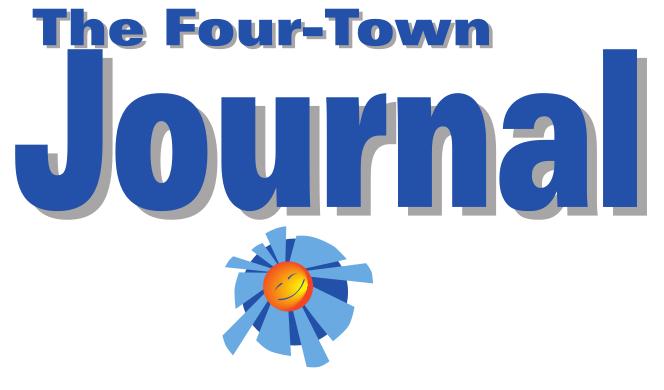One of the worst days of our life can be when a loved one, family member or close friend has some sort of incident that involves first responders like police, firefighters and EMS. These events can be very traumatic to you and your family without a doubt, but it too may have a traumatic effect on the first responders as well. These events can lead to what is called Post Traumatic Stress Disorder, or PTSD, a mental health condition that is triggered by a terrifying event, either witnessed or experienced.Some of the most common symptoms of PTSD include the following:
- Intense feelings of distress when reminded of a tragic event
- Extreme physical reactions to reminders of trauma such as nausea, sweating or a pounding heart
- Invasive, upsetting memories of a tragedy
- Flashbacks (feeling like the trauma is happening again)
- Nightmares of either frightening things or of the event
- Loss of interest in life and daily activities
- Feeling emotionally numb and detached from other people
- Sense of a not leading a normal life (not having a positive outlook of your future)
- Avoiding certain activities, feelings, thoughts or places that remind you of the tragedy
- Difficulty remembering important aspects of a tragic event
PTSD is not always an easy condition to deal with after a terrifying event you were involved in or witnessed, but imagine if you see more than one tragic event. Imagine that your job throws you headfirst into tragic events on a regular basis as you calmly walk towards things most people are trying to get away from, while you offer assistance. These tragic events sometimes stay with the first responders as well and they can and will pile up to include many “worst days”. Thankfully, it is recognized now that these tragic events have a major impact on our first responders and that there is help out there. One such help is a Canadian Peer-Support Program for Military and First Responders with PTSD called Project Trauma Support. Project Trauma Support is a program to help our Military Personnel, First Responders and Correctional Officers nationally. There is also a provincial program called Sask First Responders Mental Health offered by the Saskatchewan Government and SaskHealth. A 2017 Canadian Journal of Psychiatry survey indicated that of 5,813 first responders surveyed, almost 45 percent screened positive for symptoms consistent with an operational stress injury. This is four times higher than the rate of mental injury in the general population, which is 10 percent according to Statistics Canada. “Given the nature of their profession, first responders are often exposed to traumatic or stressful events. This can often lead to serious psychological injuries,” said Kevin Mooney, Interim Vice-President, Prevention and Employer Services with the Saskatchewan Workers’ Compensation Board (WCB). “We want to improve access to mental health resources for first responders. Our goal is to provide proactive support and reduce the severity of psychological injuries among first responders in Saskatchewan.” Thankfully we are now working on keeping our Military Personnel, First Responders and correctional Workers Meantally safe by offering them the well-deserved help to conquer their PTSD issues.
